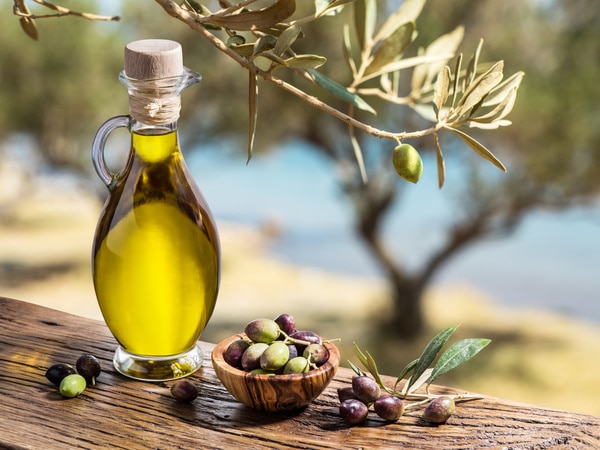Introduction
Olive oil, a key part of the Mediterranean eating routine, has been a fundamental piece of mankind’s set of experiences for millennia. Inside the domain of olive oil creation, Spain stands apart as one of the world’s principal makers, eminent for its extraordinary quality, rich practice, and various medical advantages. The synergy of climate, culture, and expertise has allowed Spain to craft olive oils that are esteemed globally. This article delves into the significance of Spanish olive oil, exploring its historical roots, production processes, varieties, culinary uses, health benefits, and its prominent place in the global market.
Historical Roots of Spanish Olive Oil
The beginnings of olive oil creation in Spain date back to antiquated times, following roots to the Phoenicians and Greeks acquainted the olive tree with the Iberian Promontory. Spanish olive development extended during the Roman Domain’s rule, arriving at its pinnacle during the Islamic rule. This verifiable heritage has installed olive oil profoundly inside Spanish culture, turning into a seal of custom and pride for the country.
Production Processes
The process of creating Spanish olive oil is a meticulous craft that involves several stages. From the careful tending of olive groves to the pressing and extraction of the oil, each step contributes to the unique quality and flavor profiles that distinguish Spanish olive oil. Modern production techniques integrate traditional methods with advanced technology to ensure both quality and efficiency.
Varieties of Spanish Olive Oil
Spain boasts an impressive array of olive oil varieties, each distinct in flavor, aroma, and texture. The country is home to diverse olive cultivars, including Picual, Arbequina, Hojiblanca, Cornicabra, and more. Each variety offers a nuanced taste profile, ranging from the robust and peppery notes of Picual to the mild and fruity flavors of Arbequina, catering to different culinary preferences.
Culinary Uses and Significance
Spanish olive oil is an indispensable element in Mediterranean cuisine, enhancing the flavors of dishes and serving as a cornerstone of numerous recipes. Its versatility makes it suitable for uses spanning from dressings and marinades to frying and baking. The use of olive oil in Spanish gastronomy symbolizes not only a culinary tradition but also a way of life deeply rooted in conviviality and well-being.
Health Benefits of Spanish Olive Oil
Past its culinary ability, Spanish olive oil is praised for its bountiful medical advantages. It is wealthy in monounsaturated fats and cell reinforcements, which add to heart wellbeing, lessen the gamble of ongoing sicknesses, and advance generally prosperity. Its calming properties and elevated degrees of polyphenols make it a vital part in advancing a sound way of life.
Global Market and Economic Impact
Spain’s olive oil industry fundamentally affects the worldwide market. It remains as the world’s driving maker, with a significant piece of its olive oil being traded around the world. The monetary meaning of this industry couldn’t possibly be more significant, as it adds to the nation’s Gross domestic product and gives work open doors all through different districts of Spain.
Challenges and Sustainability in Olive Oil Production
While the Spanish olive oil industry thrives, it faces challenges such as climate change, pests, and market fluctuations. To maintain its position and ensure sustainability, the industry is embracing innovative agricultural practices and technologies, focusing on environmentally friendly and sustainable methods to safeguard the future of olive oil production.
Cultural Significance and Tradition
Spanish olive oil holds immense cultural significance, interwoven with traditions, festivals, and rituals across the country. From the olive harvest festivals to the age-old methods of olive oil extraction, these practices reflect the deep-rooted cultural heritage and the significance of olive oil in Spanish society.
Conclusion
Spanish olive oil stands as a testament to the rich heritage, culinary excellence, and health benefits that have transcended generations. Its flavors and aromas tell the story of a land where tradition and innovation merge seamlessly. From the olive groves that paint the Spanish landscape to the tables where it graces dishes, Spanish olive oil remains an embodiment of quality, tradition, and a healthier way of life. Its journey from ancient civilizations to the modern era stands as a testament to the enduring legacy and global significance of this liquid gold.
In conclusion, Spanish olive oil encapsulates not just a product but a way of life, connecting history, tradition, health, and culinary delight, making it a truly exceptional and timeless commodity.




